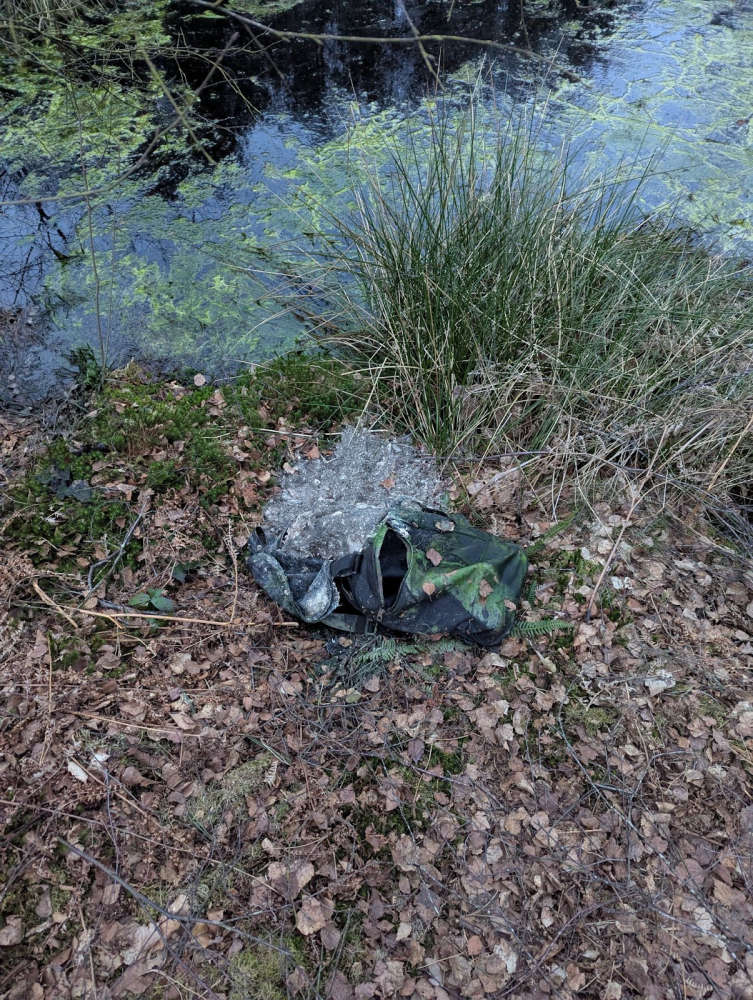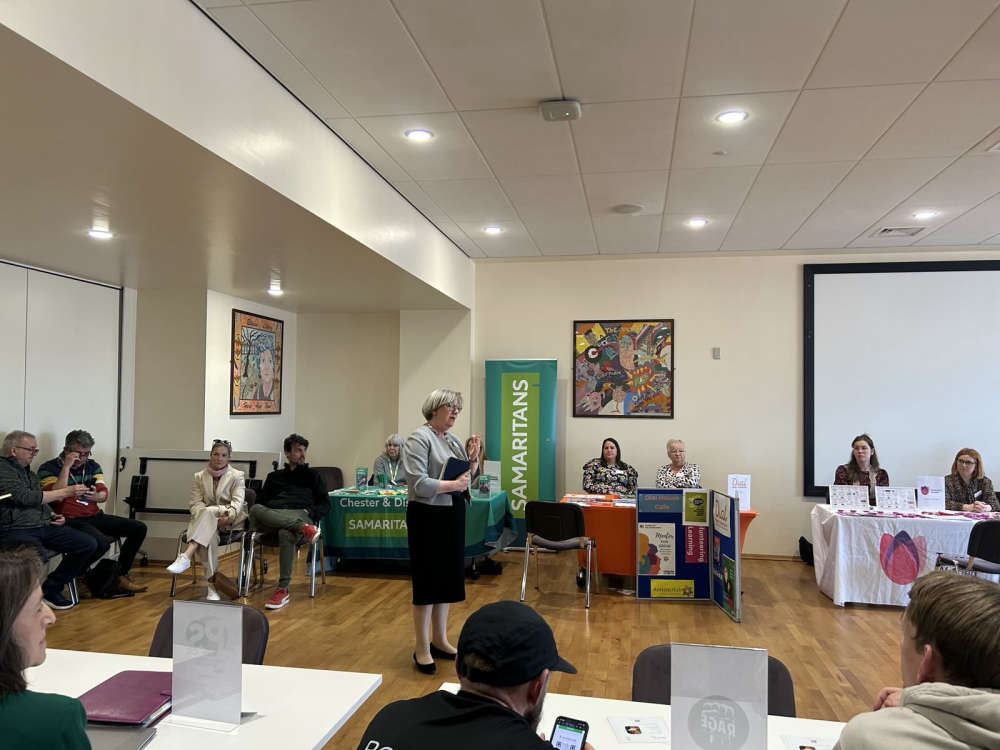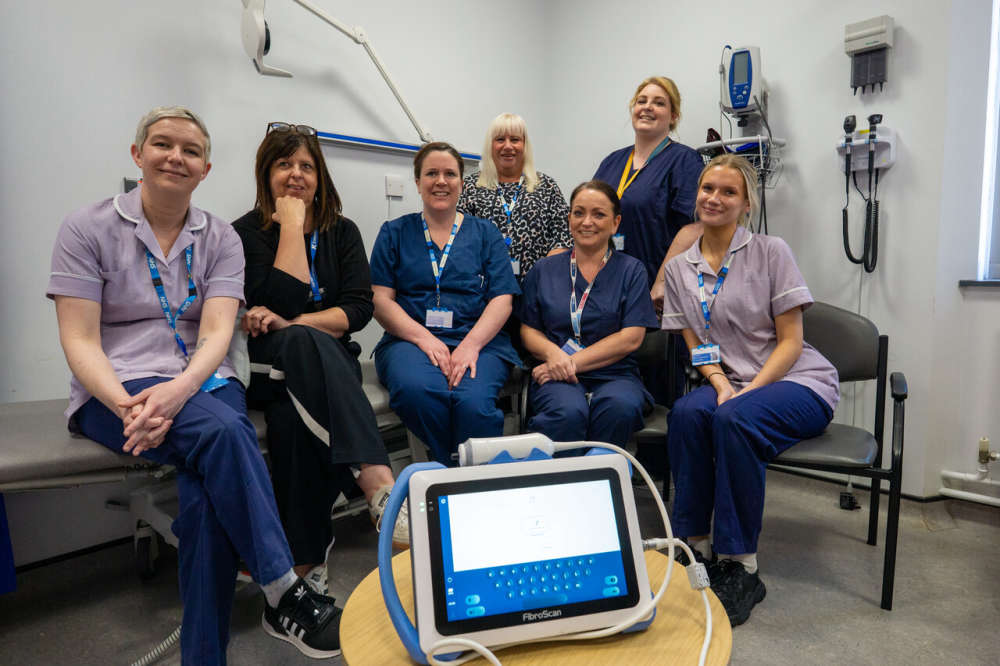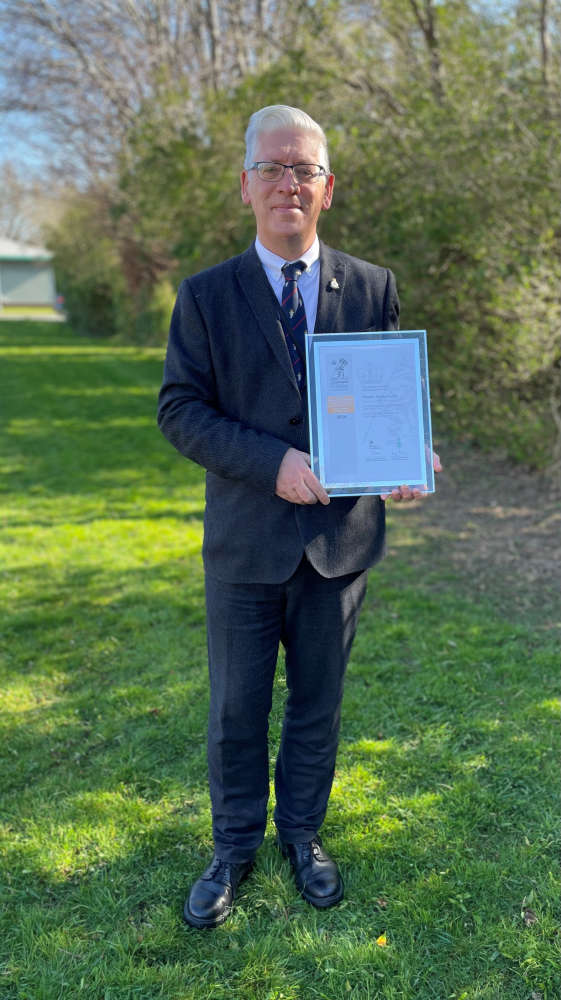
Kinship care charity Grandparents Plus has today warned that kinship carers – family and friends who are raising 200,000 children in the UK because their parents cannot look after them – are being left without the support and advice they need.
- A Kinship Care Act – kinship care must be recognised in law to ensure all kinship carers and the children they care for have access to the support and information they need when they need it.
- Local authorities to do more to support kinship carers. This is especially urgent given the impact Covid-19 is having on kinship families.
- Specialist and independent advice to be universally available to kinship carers, to ensure they are made aware of their rights as soon as possible.
- Comprehensive support to be universally available to kinship carers, specific to the needs of every kinship family as soon as they begin looking after the child. This support needs to be offered by specialist professionals with an understanding of kinship care families.
- Financial support to be universally available, with a national minimum allowance to cover the costs of bringing up a child in kinship care and exemption from the benefits cap.
- A better understanding of kinship care among professionals and wider society
- A greater voice for kinship carers. Their experiences to be at the heart of all decisions made about them.
- 561 kinship carers responded to the survey across August and September.
- 71% feel that people don’t understand what kinship care is, and 67% of respondents also said they feel that people make judgements about their situation. This led to them feeling stigmatised and isolated.
- Becoming a kinship carer had a significant impact on people’s lives, with 82% saying they miss aspects of their lives before they took on the care of the children. Kinship carers also reported that becoming a kinship carer had impacted on their relationships, with those with their own children, family and friends most likely to have been negatively or very negatively impacted by their kinship carer role.
- The survey also found that although 81% of kinship carers had contact with children’s parents, 59% of them say their relationship with the parents is ‘challenging’. Despite this, 44% of kinship carers have made contact arrangements they are happy with.
- Grandparents Plus is the only national charity in the UK dedicated solely to supporting kinship carers. We support all kinship families, whatever their situation. We believe that no kinship family should have to fight for the support they need.
- We have the largest network of kinship carers in England and Wales. We support all kinship carers, regardless of legal order or whether they are involved with their local authority. Our advice service is the only dedicated national kinship care advice service in the country, and supports over 3,200 families each year.
- As part of our response to the Covid 19 crisis, we developed our Kinship Response service, which will provide tailored, one-to-one support to over 900 special guardians by April 2021. We are partnering with 68 local authorities and 12 regional adoption agencies across England to deliver this service. This brings the overall number of local authorities we work with across England and Wales to 83.
- Our Kinship Connected support programme was specifically developed after feedback from kinship carers telling us of the value of peer support and the need for independent, specific support. This was supported by Department of Digital, Culture, Media and Sport through innovation foundation Nesta’s Connected Communities Fund. We are currently commissioned by 15 local authorities to deliver Kinship Connected.
- Kinship Connected was externally evaluated by Starks Consulting and Ecorys. The main findings included a reduction in kinship carers’ concerns regarding their children’s behaviour, health and wellbeing, educational transitions, diet and friendships, and an increase in kinship carers sense of wellbeing. Nearly two-fifths of kinship carers reported an increase in their confidence in their parenting role. The programme was estimated to have a 20% rate of return on investment.

 Appeal to help locate missing man from Neston
Appeal to help locate missing man from Neston
 University of Chester student-run events raise £2,400 for charity
University of Chester student-run events raise £2,400 for charity
 Jodrell Bank Presents: A Stitch in Space Time
Jodrell Bank Presents: A Stitch in Space Time
 Appeal for information after dead dog found in duffle bag
Appeal for information after dead dog found in duffle bag
 Chester and Wirral Football League - Weekend Round Up
Chester and Wirral Football League - Weekend Round Up
 POPULAR CHESTER BUSKER RETURNS TO TOWN HALL STAGE FOLLOWING CONCERT SUCCESS
POPULAR CHESTER BUSKER RETURNS TO TOWN HALL STAGE FOLLOWING CONCERT SUCCESS
 Housing and Support Fayre Helps Chester North & Neston Residents Access Vital Services
Housing and Support Fayre Helps Chester North & Neston Residents Access Vital Services
 Successful local hospital liver cancer screening service continues to expand
Successful local hospital liver cancer screening service continues to expand
 POPULAR CHESTER BAR CELEBRATES 25th ANNIVERSARY WITH SPECIAL LEGO MODEL
POPULAR CHESTER BAR CELEBRATES 25th ANNIVERSARY WITH SPECIAL LEGO MODEL
 Cheshire Digital Agency Fly High Media Shortlisted for European Search Award
Cheshire Digital Agency Fly High Media Shortlisted for European Search Award
 Blues Match Report: Hereford 2 - 2 Chester FC
Blues Match Report: Hereford 2 - 2 Chester FC
 Blues Match Preview: Hereford v Chester FC
Blues Match Preview: Hereford v Chester FC
 Ten arrested for drugs offences following warrants in Chester
Ten arrested for drugs offences following warrants in Chester
 Suspended prison sentence and indefinite ban for Cheshire man who abused his dog
Suspended prison sentence and indefinite ban for Cheshire man who abused his dog
 Recovered Stolen Items
Recovered Stolen Items
 Man charged in relation to courier fraud
Man charged in relation to courier fraud
 Police to target criminal use of Cheshire’s roads
Police to target criminal use of Cheshire’s roads
 Council awarded Gold Armed Forces Award
Council awarded Gold Armed Forces Award